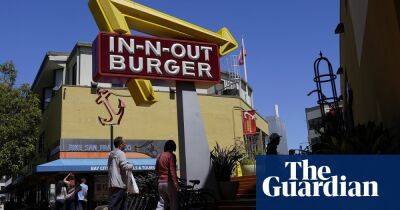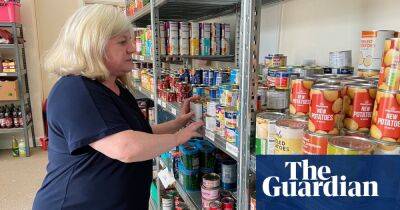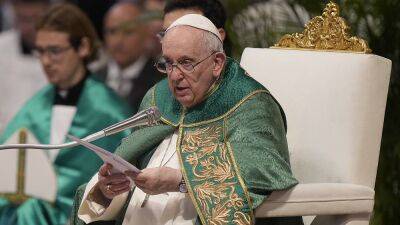‘I feel I’m moving backwards’: new UK graduates hit by cost of living crisis
Soaring energy bills, rising food prices and the threat of a recession: the “class of 2022” has graduated into the worst cost of living crisis for decades.
Not that things have been easy for young adults for a while. Shreya Nanda, an economist with the Institute for Public Policy Research’s Centre for Economic Justice, says they have faced their own crisis “for many years – in terms of stagnant wages, rents going up, high marginal tax rates faced by young people and their state spending being cut”.
During the last few weeks, university graduation ceremonies have been taking place up and down Britain, with some scheduled for this month or later in the year.
With student loan repayment thresholds shifting, job insecurity and rising rents, those who have finished their studies and celebrated their achievements with family and friends now have some difficult decisions to make.
For example, for many graduates, the case for travelling after university is compelling, with adventure and freedom providing a respite from the past three years of academic work. Yet for many young people, financial concerns have cast a cloud over their dreams of travelling the world.
We spoke to four new graduates about what the cost of living crisis means for their next steps.
Boani, who studied geology and physical geography at the University of Edinburgh, says the cost of living crisis was definitely a factor in her deciding to take a job after graduating rather than travelling or going on holiday.
She adds: “A massive worry was that [going on holiday] meant taking time out of work, and I’m conscious of not having a massive amount of money saved away at this point … I would have loved to have gone travelling over the summer but being able to save over
Read more on theguardian.com










![Solana [SOL] resurrects >7% but there’s more than meets the eye - ambcrypto.com - city Santiment - city Santimentthe](https://finance-news.co/storage/thumbs_400/img/2022/8/30/39030_dsma.jpg)











![Cardano [ADA] can see a 20% rally following a short squeeze if… - ambcrypto.com - Hong Kong](https://finance-news.co/storage/thumbs_400/img/2022/8/30/39018_kvpb.jpg)
